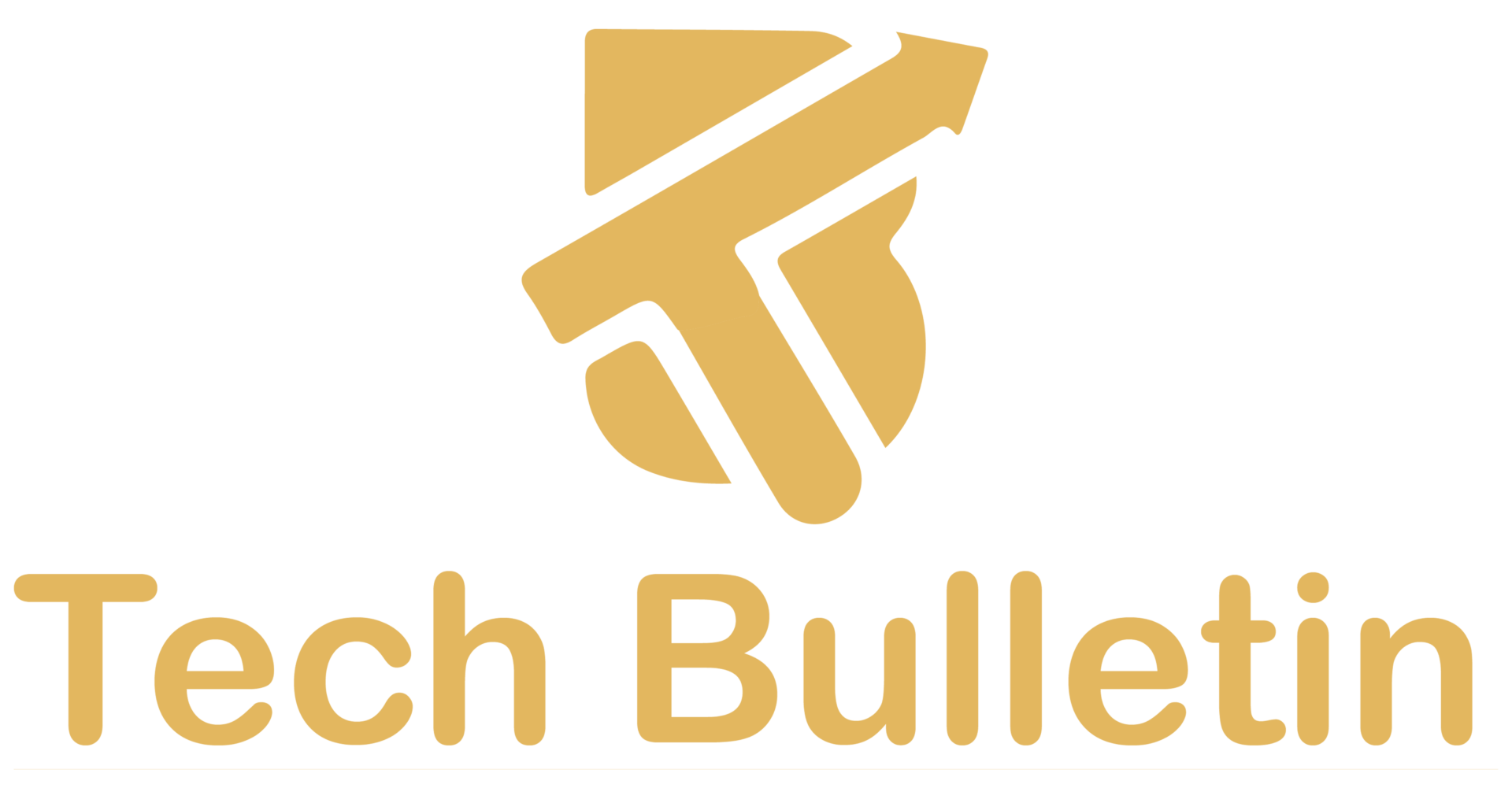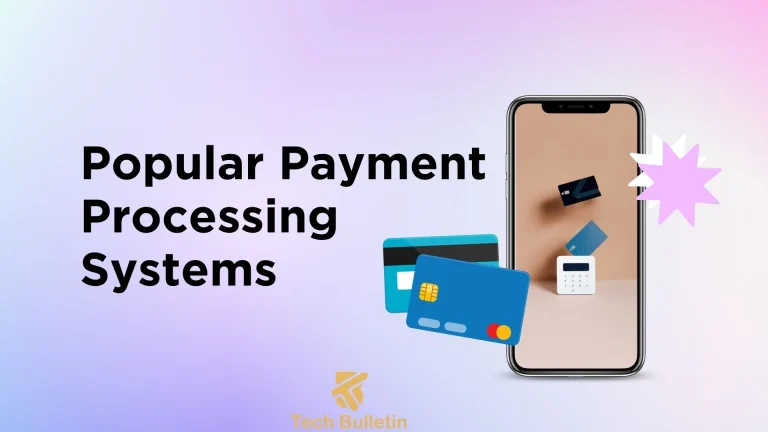Top 5 QuickBooks Alternatives for 2025 (Free & Paid Options)

QuickBooks, developed by Intuit, has long been the gold standard in small business accounting software. Designed to handle everything from invoicing and payroll to expense tracking and tax preparation, it’s no surprise that millions of businesses rely on it. QuickBooks offers robust tools that cater to freelancers, small businesses, and even mid-sized enterprises.
Why Users Seek Alternatives?
Despite its popularity, QuickBooks isn’t always the best fit for everyone. In 2025, many users are exploring QuickBooks Alternatives due to several reasons:
- High monthly fees, especially for advanced features.
- Complex interface for users with minimal accounting experience.
- Limited customization in some packages.
- Customer support issues and long wait times.
- Integration limitations with niche tools.
Whether you’re looking to cut costs, simplify your processes, or find a solution that better matches your workflow, exploring alternatives to QuickBooks can be a smart move.
Top 5 QuickBooks Alternatives (Free And Paid) Options

1- FreshBooks: Best for Small Businesses

Overview & Pricing
FreshBooks is a cloud-based accounting solution known for its simplicity and automation. It’s an ideal option for small business owners, especially those offering services rather than products.
- Starting Price: $17/month
- Free Trial: 30 days
Pros & Cons
Pros:
- Intuitive interface
- Excellent time tracking and invoicing
- Great customer support
Cons:
- Not ideal for inventory-heavy businesses
- Limited multi-currency support
Best Use Cases
FreshBooks shines for consultants, freelancers, and service-based entrepreneurs needing efficient client billing and expense tracking.
2- Xero: Ideal for Global Businesses

Overview & Pricing
Xero is a favorite among globally operating small businesses. With robust accounting capabilities and extensive third-party app integrations, it’s a powerful QuickBooks competitor.
- Starting Price: $13/month
- Free Trial: 30 days
Features Comparison with QuickBooks
| Feature | QuickBooks | Xero |
|---|---|---|
| Multi-currency | Premium | Included |
| Payroll Integration | Add-on | Add-on |
| Inventory Tracking | Advanced | Included |
Pros & Cons
Pros:
- Excellent multi-currency and foreign tax handling
- Strong integrations (800+ apps)
Cons:
- Steeper learning curve
- Customer service could be more responsive
3- Zoho Books: Great for Integration and Automation

Overview & Pricing
Zoho Books offers rich features and seamless integration with Zoho’s suite of apps, making it an ideal choice for tech-savvy users and growing startups.
- Starting Price: Free for revenue under $50K/year
- Paid Plans: From $15/month
Strengths & Weaknesses
Strengths:
- Automated workflows
- Custom reporting
- Tight integration with the Zoho ecosystem
Weaknesses:
- Limited third-party integrations
- Slightly complex setup for beginners
Target Audience
Zoho Books is perfect for businesses already using Zoho products or those needing customized automation.
4- Wave: The Best Free QuickBooks Alternative

Pricing and Features
Wave is 100% free for accounting, invoicing, and receipt scanning. It only charges for payroll and payment processing.
- Cost: Free
- Add-ons: Payroll starts at $20/month
Ideal User Profiles
Wave is best suited for freelancers, solopreneurs, and small businesses with simple accounting needs.
Limitations to Consider
- No time-tracking features
- Limited scalability
- Basic reporting tools
5- Sage Business Cloud Accounting

Overview
Sage offers reliable accounting software with a focus on compliance and reporting. It’s ideal for businesses needing detailed financial analysis.
Key Functionalities
- Bank reconciliation
- Tax calculations
- Forecasting and budgeting
Who Should Use Sage?
Sage is suitable for accountants, consultants, and mid-sized businesses wanting advanced features and strong support.
Comparison Table of QuickBooks Alternatives
| Software | Starting Price | Free Plan | Best For | Top Feature |
|---|---|---|---|---|
| FreshBooks | $17/month | No | Freelancers & Small Biz | Easy Invoicing |
| Xero | $13/month | No | Global Businesses | Multi-currency Support |
| Zoho Books | $0 (limited) | Yes | Integrated Tech Companies | Workflow Automation |
| Wave | $0 | Yes | Freelancers & Solopreneurs | Free Invoicing & Accounting |
| Sage | $10/month | No | Growing Businesses | Compliance & Forecasting |
Transitioning from QuickBooks: Step-by-Step Guide
Switching from QuickBooks to a new accounting system can seem daunting, but with a structured plan, the process can be smooth and hassle-free.
Backup Your Data
Before making any changes, back up all your QuickBooks data. Export your financial reports, customer lists, invoices, and transaction history to ensure nothing gets lost.
Data Import Process
Most modern alternatives offer import tools to migrate your data easily. Here’s a typical process:
- Export data from QuickBooks (CSV, XLS, or IIF formats).
- Use your new software’s import wizard.
- Match data fields to ensure accuracy.
- Check for any discrepancies post-import.
Staff Training and Adoption
After migration, schedule training sessions to help your team adapt. Choose software that offers onboarding support, tutorials, and accessible help centers to speed up the learning curve.
Case Studies: Businesses That Switched Successfully

Freelancer Example – Jane, a Graphic Designer
Jane used QuickBooks but found it too complex. She switched to FreshBooks and now tracks time and invoices clients with ease. Her productivity improved, and her accounting stress vanished.
Small Business Example – Apex Home Solutions
This home improvement startup moved to Zoho Books for better automation. Their monthly reconciliation time dropped by 40%, thanks to seamless bank feeds and custom rules.
Mid-Sized Company Example – GlobalTech Advisors
Operating in multiple countries, they chose Xero for its multi-currency support. With robust reporting and integrations, their finance team scaled without needing additional headcount.
Pros and Cons of Free vs Paid Accounting Software

Cost-Benefit Analysis
Free Tools (like Wave) save money upfront but may lack premium features. Paid Tools offer advanced reporting, automation, and support that can ultimately save time and reduce errors.
Feature Access
Free tools cover basic invoice, expense tracking, and basic reports. Paid options go further with inventory, payroll, forecasting, and integrations.
Customer Support
Paid platforms generally offer priority support, phone service, and dedicated account managers—something free tools rarely match.
Integrations and Add-ons to Consider
When choosing software, think beyond just accounting. Look at how it connects with:
- CRM Systems: Zoho CRM, Salesforce
- Payroll: Gusto, ADP, Paychex
- Inventory Management: TradeGecko, Unleashed
- E-commerce Platforms: Shopify, WooCommerce
Strong integrations mean fewer manual entries and more accurate records.
FAQs
1. Is it difficult to switch from QuickBooks to another software?
Not really. Most modern alternatives offer import tools and tutorials to make the transition smooth. Just ensure you back up your data first.
2. Are free QuickBooks alternatives good enough for small businesses?
Yes, especially if you have simple needs. Tools like Wave offer great basic features for invoicing and expense tracking without any cost.
3. Which is the best QuickBooks alternative for global transactions?
Xero is excellent for global businesses, thanks to its built-in multi-currency support and international tax capabilities.
4. Can I use QuickBooks alternatives on mobile?
Absolutely. Most platforms, including FreshBooks, Xero, and Zoho Books, have mobile apps for iOS and Android with full functionality.
5. Do QuickBooks alternatives support payroll and tax filing?
Some do. For example, Zoho Books and Xero offer payroll through integrations, while others like Wave provide limited built-in options in select regions.
6. How secure are cloud-based accounting tools?
Highly secure. All major providers use encryption, regular backups, and multi-factor authentication to keep your data safe.
Conclusion
Choosing the right QuickBooks alternative depends on your business size, budget, and specific needs. If you’re a freelancer, Wave or FreshBooks may suffice. For growing companies or international operations, Xero or Zoho Books offer advanced tools and integrations.
Each of these tools brings something unique to the table, and many offer free trials, so test them before committing. By evaluating features, pricing, and support, you’ll find the perfect fit for 2025 and beyond.







